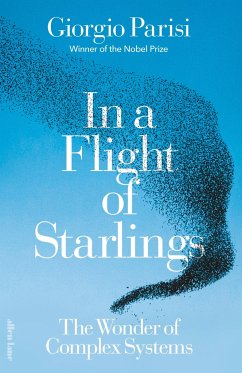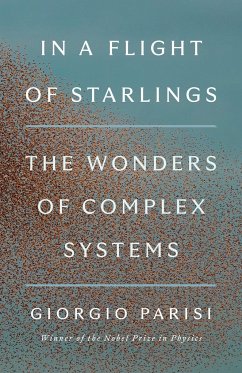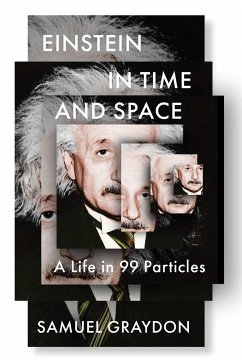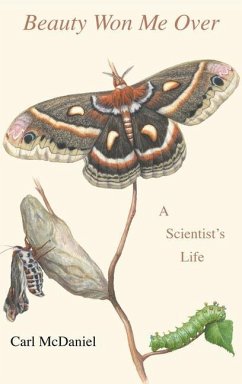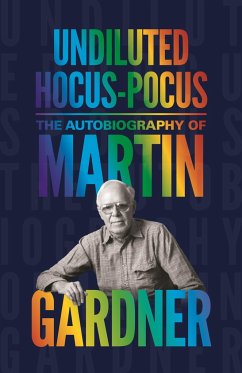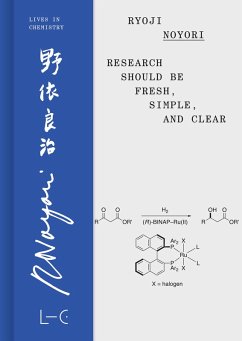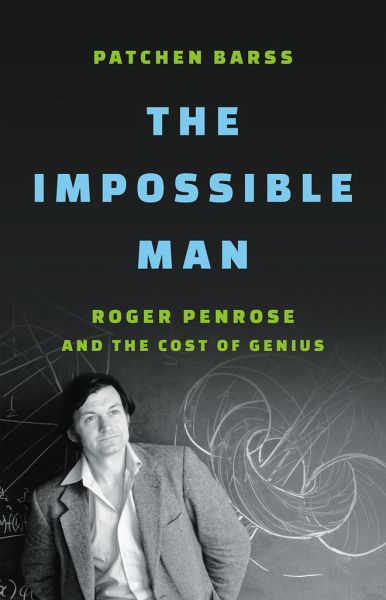
The Impossible Man
Roger Penrose and the Cost of Genius
Versandkostenfrei!
Versandfertig in über 4 Wochen
24,99 €
inkl. MwSt.
Weitere Ausgaben:

PAYBACK Punkte
12 °P sammeln!
"As a little boy, Roger Penrose and his father discovered a sundial in a clearing behind their home. In that machine made of light, shadow, and time, six-year-old Roger discovered a "world behind the world" of transcendently beautiful geometry, beginning a journey toward becoming one of the world's most influential mathematicians, philosophers, and physicists. In the years to come, Penrose earned a Nobel Prize, a knighthood, and dozens of other prestigious honors. He proved the limitations of general relativity, and he set a new agenda for theoretical physics. However, as Patchen Barss documen...
"As a little boy, Roger Penrose and his father discovered a sundial in a clearing behind their home. In that machine made of light, shadow, and time, six-year-old Roger discovered a "world behind the world" of transcendently beautiful geometry, beginning a journey toward becoming one of the world's most influential mathematicians, philosophers, and physicists. In the years to come, Penrose earned a Nobel Prize, a knighthood, and dozens of other prestigious honors. He proved the limitations of general relativity, and he set a new agenda for theoretical physics. However, as Patchen Barss documents in The Impossible Man, success came at a price. Penrose's longing for knowledge was matched only by his inability to understand those around him, and he struggled to connect with friends, family, and especially the women in his life. His final years have been spent alone with his research, intentionally cut off from the people who loved him. Erudite and deeply moving, The Impossible Man intimately depicts the relationship between Penrose the scientist and Roger the human being. It reveals the tragic cost-to himself and those closest to him-of Roger Penrose's extraordinary life"--




